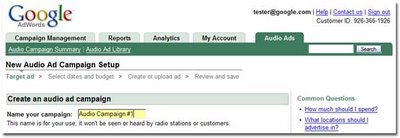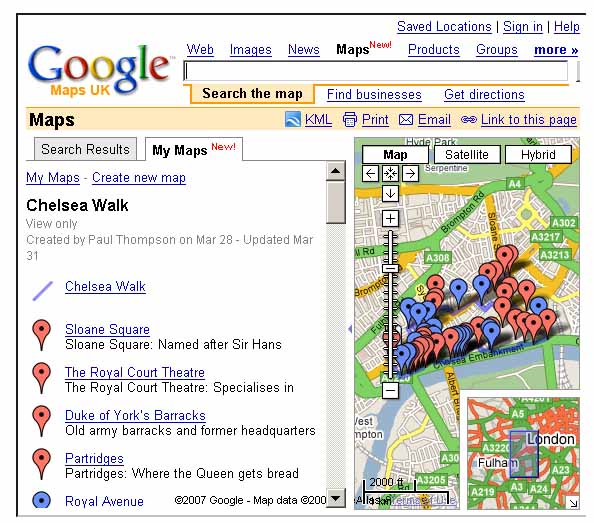
Panda software, one of top antivirus software companies in the world, has been purchased by a Venture Capital Syndicate. Panda software founders have sold 75% of the company at a reported €133m valuation. Oddly, Panda has not issued an official press release. The valuation is a sales multiple of less than times one last reported revenues. An inexplicably low sale price for a world player in the antivirus market.

Local hero, Mikel Urizarbarrena, has always been a reference to EUCAP partners in northern Spain. Mr. Urizarbarrena has created a world leading software security company, while retaining 100% of founder equity. A staggering entrepreneurial feat.
As recently as 2005, Panda was ranked number four in market share, as shown in the table below.
Worldwide 2005 Total Antivirus Software Revenue for All Software Segment Types
(Millions of Dollars)
| Company | 2005 | 2005 Market Share (%) | 2004 | 2004 Market Share (%) | 2004-2005 Growth (%) |
| Symantec | 2,150.4 | 53.6 | 1,915.3 | 54.2 | 12.3 |
| McAfee | 753.9 | 18.8 | 666.5 | 18.9 | 13.1 |
| Trend Micro | 555.7 | 13.8 | 509.3 | 14.4 | 9.1 |
| Panda Software | 128.6 | 3.2 | 103.9 | 2.9 | 23.8 |
| CA | 86.5 | 2.2 | 75.3 | 2.1 | 14.9 |
| Other Vendors | 340.2 | 8.5 | 263.0 | 7.5 | 29.4 |
| Total | 4,015.4 | 100.0 | 3,533.2 | 100.0 | 13.6 |
Source: Gartner Dataquest (June 2006)
Currently, Symantec has a market cap of €12b, and McAfee €4b. F-Secure, a recent European entrant to the top 5 antivirus products, has a €380m market cap on the Helsinki stock exchange.
On these 2005 sales multiples, Panda should have been valued in the €700m range.
The speculation is that recent Panda revenues have come under pressure from smaller entrants like Sophos, F-Secure and Bitdefender (SOFTWIN), in the race for new hardware platforms like mobile, and the lucrative corporate market.
As the market consolidates further, it is clear capital is the key to funding the marketing and sales drive required to maintain market share. One can speculate that Panda was under-capitalized during 2006, as the founders were reluctant to accept new shareholders.
Hopefully, the supposed €100m injected in the company will provide the impetus to consolidate its market share, and see Mr Urizarbarrena through to a successful public offering at a billion € valuation.
[Via Investindustrial y Gala Capital compran Panda Software – CincoDias.com]
A press release has been issued





